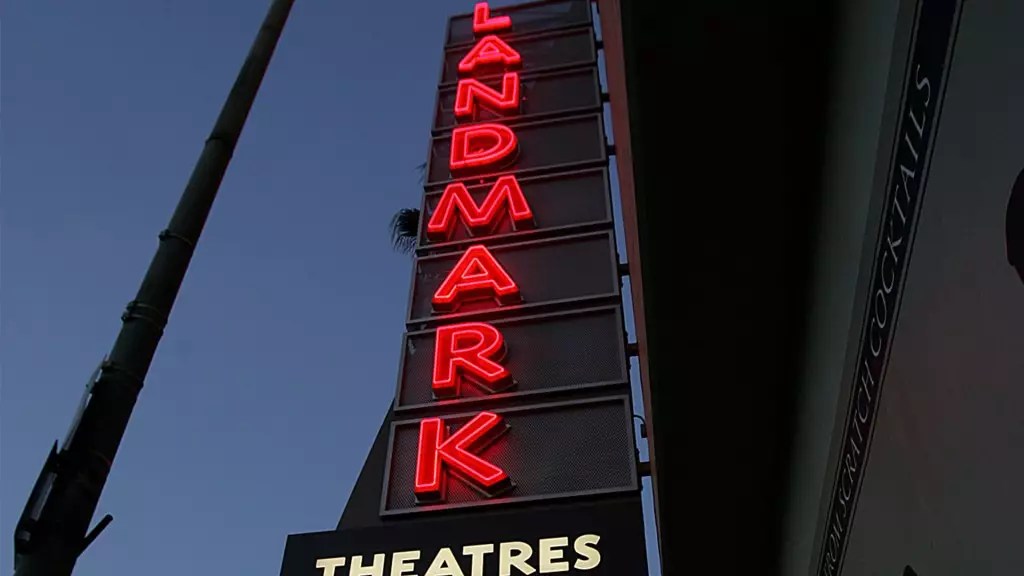The ongoing legal dispute between New York real estate mogul Charles Cohen and Fortress Credit Corp. has captured considerable attention, spotlighting the precarious nature of high-stakes financial agreements. At the center of this conflict lies a substantial $530 million loan secured by multiple high-profile properties, including Landmark Theaters and the British arthouse chain Curzon. The implications of this case extend far beyond Cohen’s personal finances; they also highlight broader themes about the enforceability of loan agreements and the complexities involved in real estate transactions.
Cohen’s Liability and the Court’s Decision
On a fundamental level, Cohen’s current predicament stems from a New York State Supreme Court ruling that deemed him liable for a personal loan guarantee amounting to $187 million. This ruling emerged as Fortress Credit Corp. pursued legal action following an alleged default on the loan. The court’s approval of a forthcoming auction set for November 8 marks a critical juncture in this case, as it represents an effort to recoup losses should the auction yield successful bids for the underlying assets. The significance of this auction cannot be understated; it stands to be one of the largest transactions in New York real estate history, underscoring the gravity of Cohen’s situation.
The Appeal: Grounds and Implications
Cohen’s recent decision to appeal the court’s ruling indicates his dissatisfaction with the outcome and his determination to challenge the legal proceedings. By filing a notice of appeal with the Appellate Division, First Judicial Department, he is signaling a strategic move designed to protect his financial interests and potentially overturn the Supreme Court’s decision. The grounds for the appeal tackle critical points, such as whether the judge acted rightly in dismissing Cohen’s motion and whether an actual default occurred in the first place. These queries not only cast light on Cohen’s perspective but also reflect broader questions of legal interpretation and the nature of contractual obligations.
Interestingly, Cohen’s legal team has pointed to a series of emails purportedly documenting an agreement to extend the loan. However, Fortress has vehemently contested the validity of these communications, asserting that they lack the definitive nature required to prove an extension had taken place. This aspect of Cohen’s case serves as a reminder of the importance of thorough documentation in financial dealings, particularly in an environment where agreements can quickly become contentious.
As the auction approaches, the outcome of Cohen’s appeal remains uncertain. The interrelated nature of his legal fight and the impending sale will undoubtedly keep stakeholders engaged and the industry vigilant. With Cohen given a six-month window to file a formal appeal, the legal ballet is set to continue, intertwining procedural intricacies with the larger stakes of New York’s competitive real estate landscape. Whether Cohen can successfully overturn the ruling remains to be seen, but the ramifications of this case will likely reverberate throughout the financial sector for some time to come.


Leave a Reply